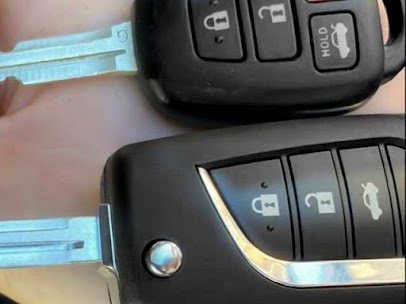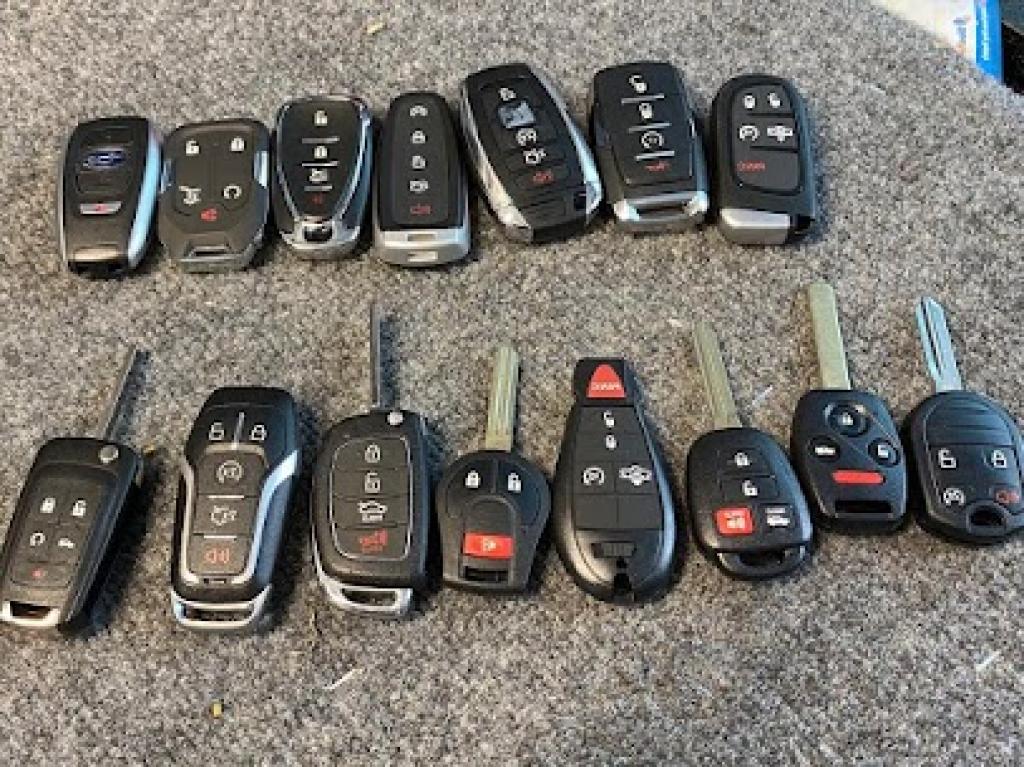How to replace modern electronic or smart car keys
Title: Replacing Modern Electronic or Smart Car Keys
In today's technologically advanced world, the conventional metal car keys have been replaced with modern electronic or smart keys. These innovative devices not only offer enhanced security but also provide a plethora of additional features such as keyless entry and remote ignition. However, they can be quite perplexing when it comes to replacement due to their intricate design and advanced technology. In this short essay, we will discuss how one can replace these sophisticated pieces of technology.
Firstly, when you discover your modern car key is lost or malfunctioning, do not panic. Remain aware that replacing electronic or smart car keys may involve a slightly different process than replacing traditional mechanical keys.
Usually, the first step in replacing a modern car key is contacting the dealership where you purchased your vehicle. Dealerships will typically have the necessary equipment and software to reprogram new keys for your specific model of vehicle. However, this option might turn out to be expensive as it often involves towing your vehicle to the dealership along with service charges for programming a new key.
An alternative option is hiring an automotive locksmith who specializes in electronic or smart car keys replacement. Many locksmiths are now trained and equipped with tools needed to replicate and program new electronic keys for various types of vehicles. Before hiring any locksmith services though, ensure they are reputable and trustworthy by checking customer reviews online.
If you're tech-savvy and want to save money on labor costs, purchasing a blank replacement key online is also an option. Once received, this blank key needs programming before use; many websites offer manuals on how to do so depending on the make and model of your vehicle.
While these methods generally work well for most people, there's another futuristic approach gaining popularity - smartphone apps designed specifically for car key replacement purposes. Known as digital keys or mobile keys, these applications securely store virtual copies of your physical keys within them that can be used in cases of emergency.
In conclusion, while replacing traditional car keys was relatively straightforward, the process for modern electronic or smart car keys is a bit more complex. The choices range from dealership services and locksmiths to DIY programming and digital app alternatives. Whatever method you choose, remember to take preventative measures such as having spare keys made and keeping them in safe places to avoid the inconvenience of losing your primary key.

